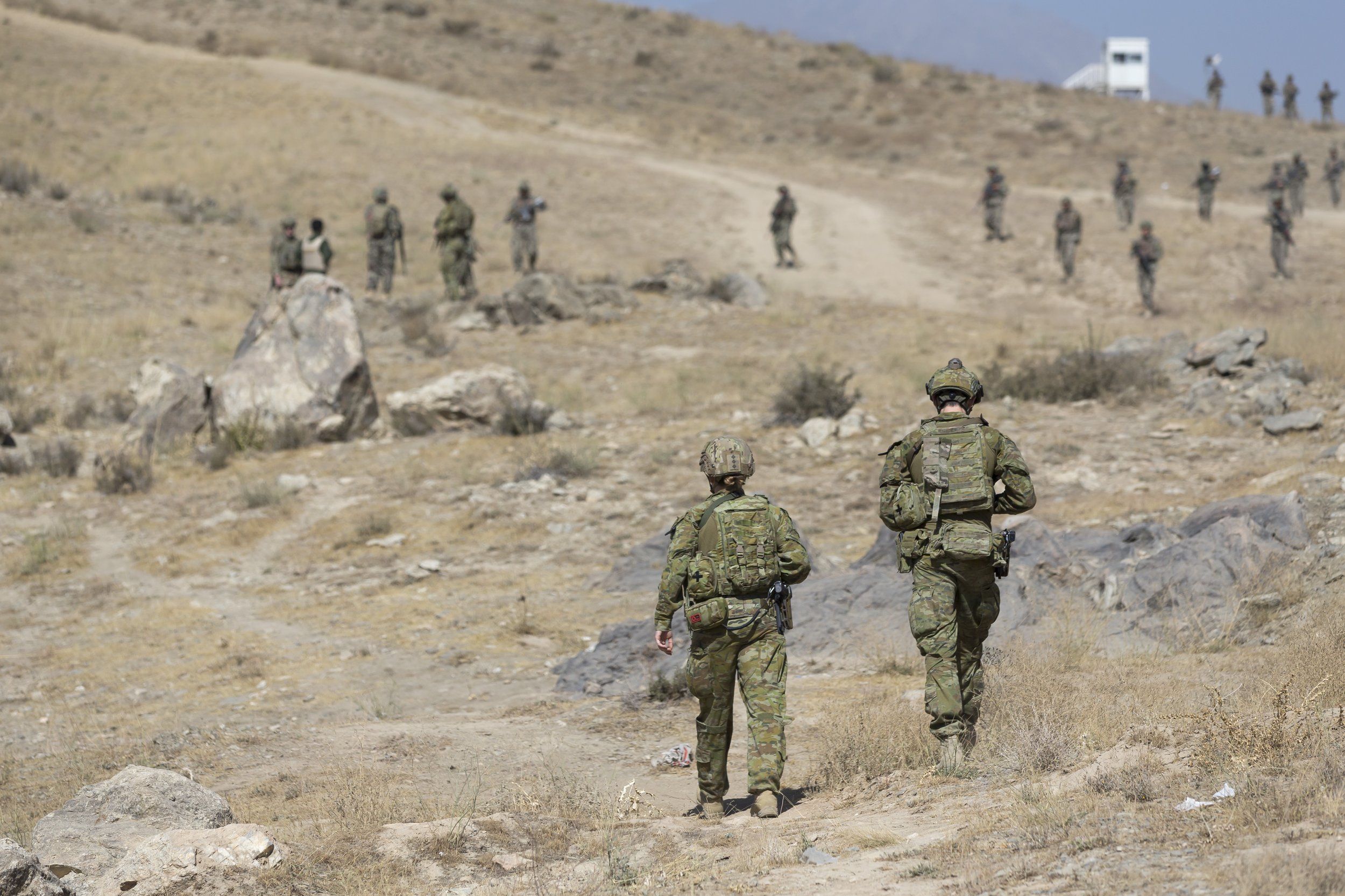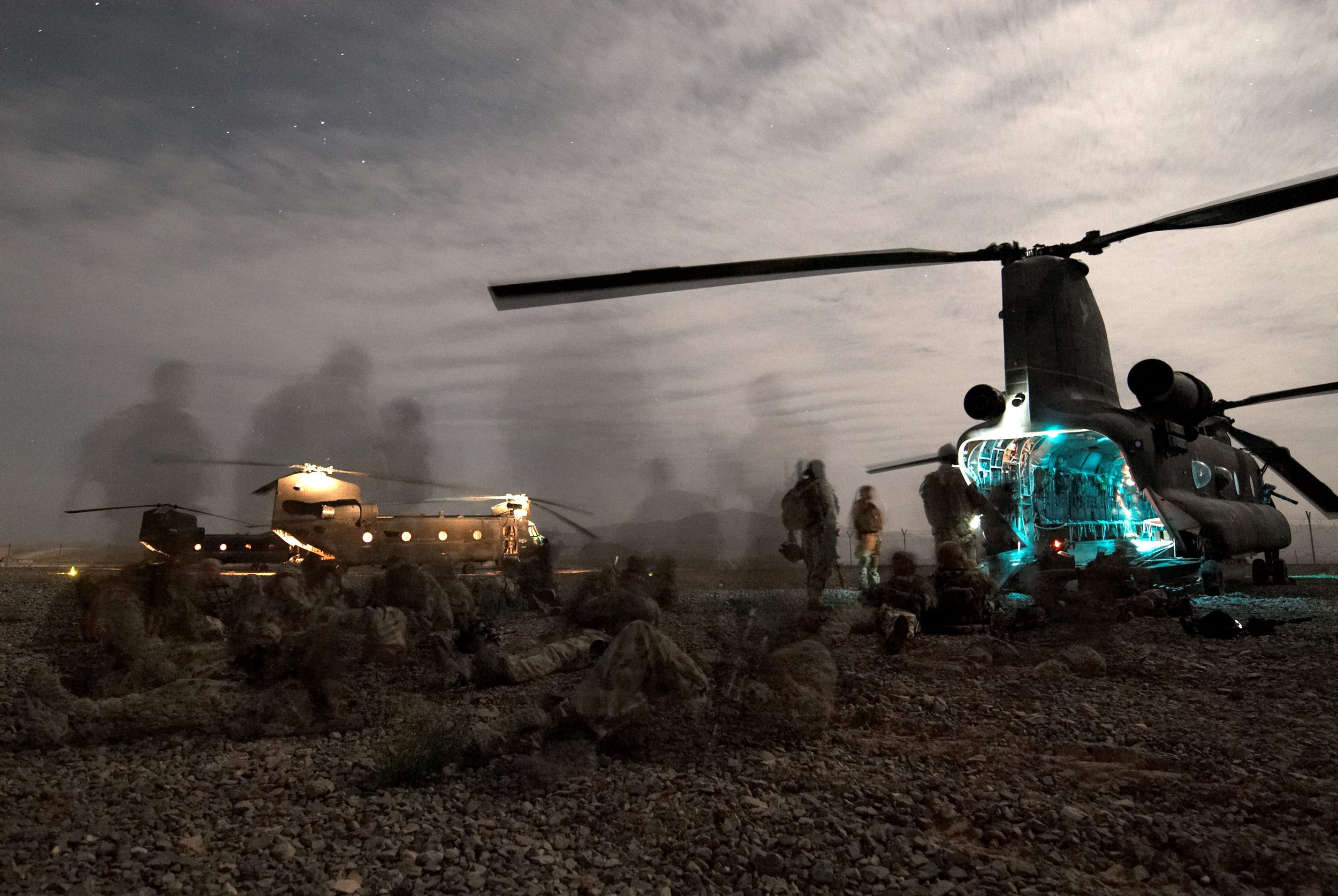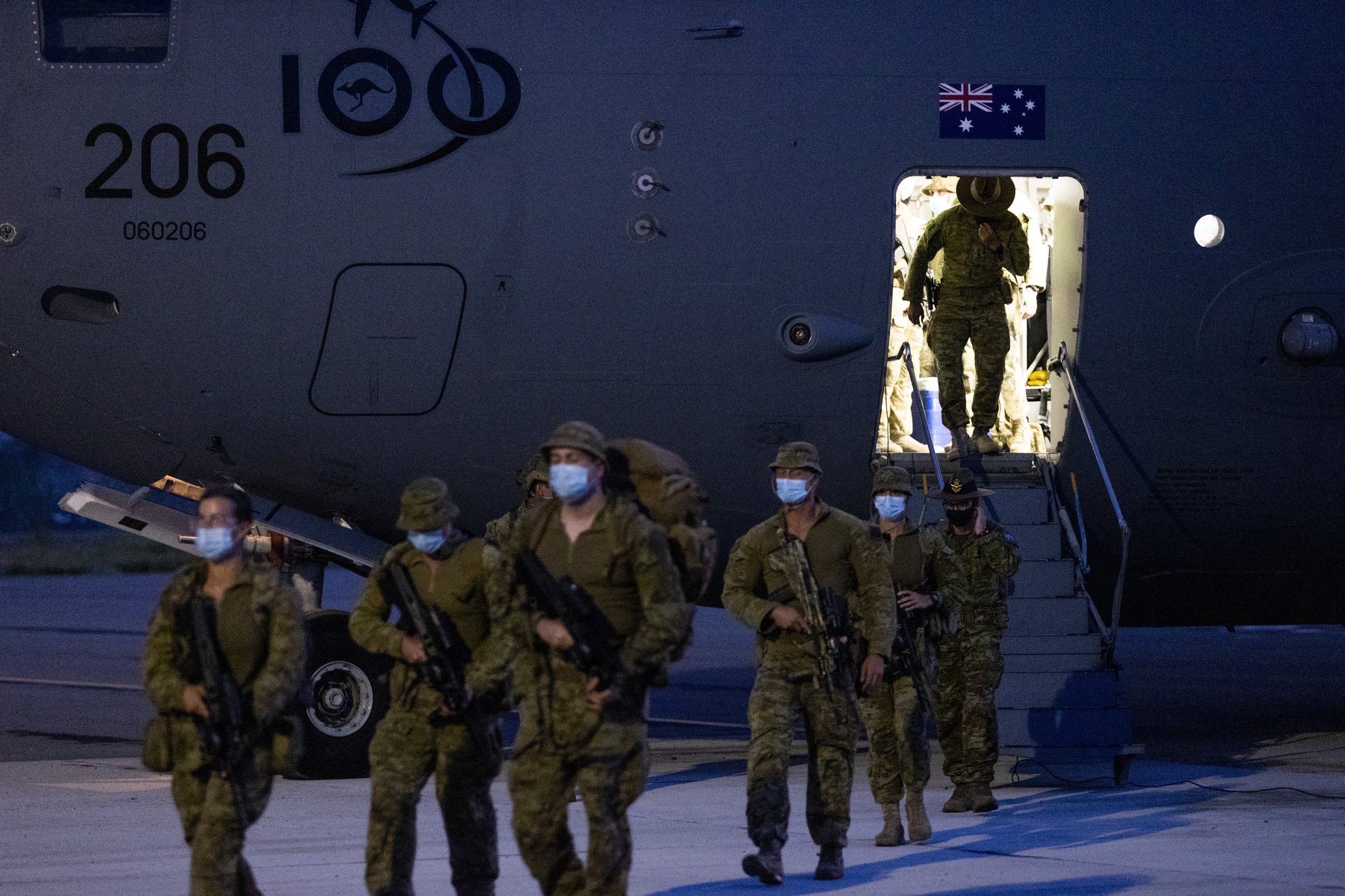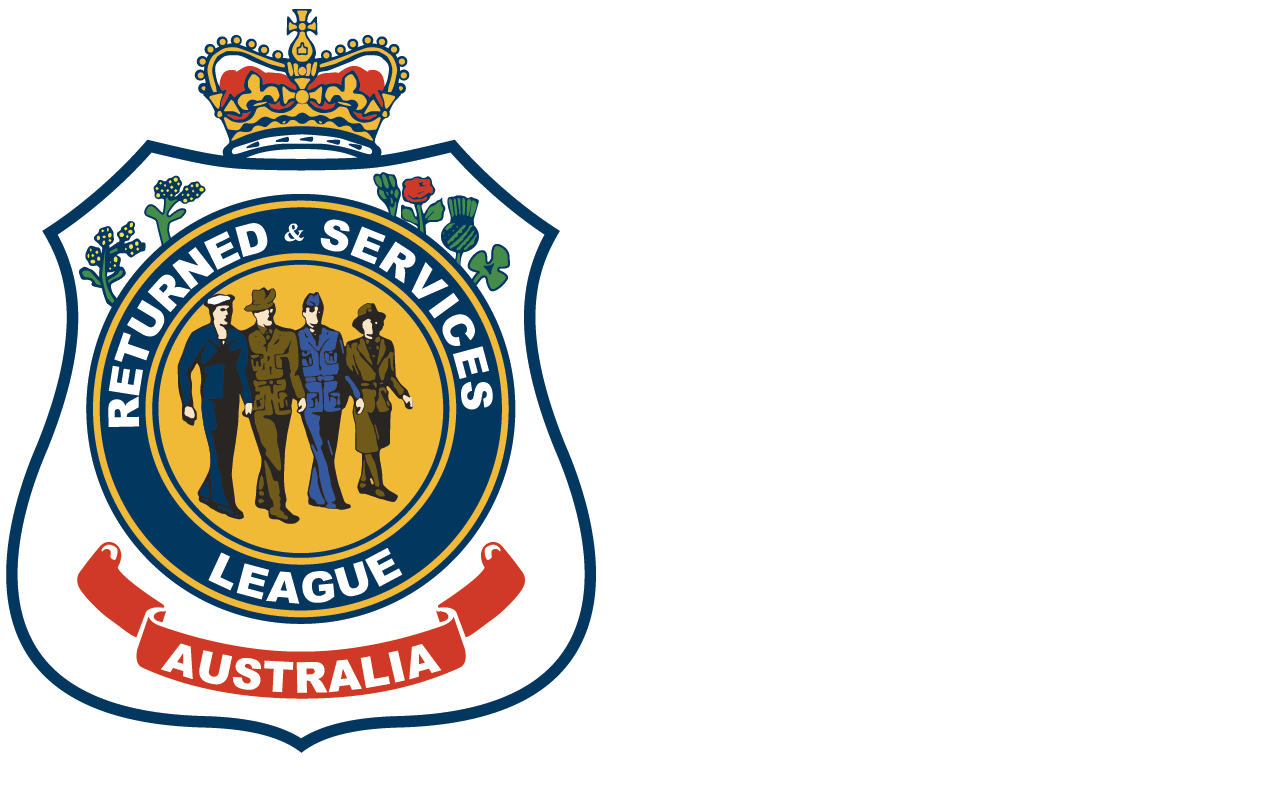Middle East Area of Operations (MEAO)
VeteranS and Families Research Project
Scoping Study
The Middle East Area of Operations (MEAO) Scoping Study is the first phase of a major two-stage study to research the impacts on veterans and their families as a result of Australian Defence Force (ADF) service since 2002.
The ground-breaking project aims to identify and better understand the long-term human impact of military deployments.
The Middle East Area of Operations (MEAO) Scoping Study will examine the long-term health and well-being of veterans and their families that served in the Middle East (and other conflicts) since 2002. It will focus on physical and mental health impacts, including mTBI and moral injury, the effects of repeated deployments, post-service experiences, the importance of support, and factors influencing separation from the ADF.
The MEAO Scoping Study will be the first phase, to be followed by a broader study, which will examine and assess the issues and concerns identified in much greater detail. This broader study will aim to recommend enhancements and national strategies to improve the range and level of services and support provided to today’s veterans and their families.
Research plays a crucial role in identifying the needs and concerns of veterans and their families. By conducting comprehensive studies, the RSL can ensure that veterans receive the best possible support and services.
The Scoping Study is fully funded and led by the RSL. It is independent of government, but is supported by the Department of Veterans’ Affairs, the Repatriation Commission and the Department of Defence.

The project aims to identify and better understand the needs and concerns of contemporary veterans and their families to ensure that they are provided with the support and services they require and deserve.
September 2017 - ADF personnel deployed on Operation HIGHROAD (Defence Image Gallery)
Background
Ongoing engagement with veterans, families, and associated organisations identified reports of growing concern among Afghanistan and Iraq veterans and their families. There is a uniqueness in the experiences of those who served in the Middle East Area of Operations, and without longitudinal research, it is difficult to define the exact nature of the issues. The Royal Commission into Defence and Veteran Suicide also highlighted a need to provide better support.
This research will look at the uniqueness of conflicts involving ADF personnel since 2002, review previous studies, and identify the specific physical and mental costs on the veteran community, including Mild Traumatic Brain Injury (mTBI) that need to be investigated in greater detail.
Importantly, it will also look at the impact on families, noting the difference to previous conflicts as there was never a sense that the nation was at war, as well as the legacy of the outcomes of the wars in Iraq and Afghanistan.
There have been several studies that have uncovered increases in mental health difficulties over time for MEAO cohorts, especially ex-serving members. This demonstrates the importance of longitudinal research and reviews in this area. A systematic evaluation of these studies, along with primary research, will form the basis of the MEAO Scoping Study that aims to improve our understanding of their unique experiences.
The findings of the MEAO scoping study will inform and recommend a study design and methodology for the broader study that addresses current gaps in our understanding. The proposed broader study would follow over two to three years and examine and assess the issues and concerns identified in much greater detail.
“There have been several studies undertaken but no follow up of these veterans for more than a decade. It is clear that a significant piece of research is needed to better understand how we can support today’s veterans and their families,”
Greg Melick, RSL National President

Undoubtedly, contemporary veterans, their families and dependents, face different problems and issues than those faced by veterans of previous conflicts.
June 2008 - Australian Army soldiers from Special Operations Task Group in Uruzgan province, Afghanistan (Defence Image Gallery)
About the Study
The Scoping Study will be completed in 2025.
There are four phases to the Scoping Study. These are:
a literature review of existing national and international research and data sources,
veteran and families voice workshops,
a review of existing data assets,
and the development of a research proposal that will recommend a methodology for the proposed broader study.
The Scoping Study and the following broader study will be the most significant research initiative undertaken by the League for decades and RSL Australia sees it as a vital step in enhancing the wellbeing of today’s veteran community.
Veteran and Families Participation
As part of the study, workshops will be held with veterans and Defence family members. When more information is available about these workshops, RSL Australia will update the RSL community via social media and the President's Newsletter. Follow us on Facebook or LinkedIn and sign up for the President's Newsletter.
The MEAO Scoping Study aims to address the following questions:
1. What are the long-term health outcomes for Middle East veterans and their families, including physical and mental health conditions?
2. What specifically are the long-term health impacts of deployments to those participants who have already engaged with previous studies?
3. What are the long-term health impacts of veterans who have been diagnosed with mild traumatic brain injury (mTBI) because of deployment?
4. How have repeated events that may have transgressed held moral beliefs or values affected the health of Middle East veterans and potentially their offspring and partners?
5. What lessons can we take from their experiences to ensure that ADF personnel with existing physical, mental, or moral injuries are identified early and are not unnecessarily redeployed in high-risk areas prematurely?
6. How do veterans and their families feel post-deployment, and how has their service impacted them post-service?
7. How important is family and community acknowledgement or support of a conflict, to a returned service-person’s morale, pride in service and self-esteem during and after the fighting?
8. What does the Middle East experience tell us about the factors which cause a serviceperson to separate from the ADF?
The scoping study is structured into four distinct parts, each designed to build upon the previous one and enhance understanding of the health and social impacts of deployments on veterans and their families.
Environmental Scan and Literature Review (Feb - May 2025)
A thorough review of existing national and international research and data sources to identify gaps in knowledge about MEAO veterans and families’ health outcomes.
Veteran and Families Voice Workshops (May 2025)
Participatory workshops that allow veterans and their families to voice concerns and experiences, particularly in relation to mental health and the commemoration of MEAO conflicts.
Review of Australian MEAO Data Assets (May - June 2025)
Review of existing data assets, such as the Transition and Wellbeing Research Program (TWRP) and Military Health Outcomes Program (MILHOP), to assess their relevance and utility for further research.
Research Proposal Development (June - July 2025)
Integration of findings from previous phases into a comprehensive research proposal, outlining methodologies and recommendations for further study aimed at improving support services for veterans and their families.

“Our veterans have served our nation with diligence, distinction and bravery and they and their families share the impacts of that service. They deserve Australia’s gratitude and ongoing care and support. This independent research should provide a platform for that support and a means to avoid the mistakes of the past.”
Greg Melick - RSL National President
November 2021 - Australian Army soldiers from Joint Task Group 637.3 disembark a Royal Australian Air Force C-17A Globemaster III aircraft at Honiara airport, Solomon Islands (Defence Image Gallery)
-
The Scoping Study will identify current gaps in our understanding and inform and determine the matters to be investigated in greater detail in a much broader study of impacts, including mental and general health issues confronting the Australian veteran community.
-
The Scoping Study is the first phase of what is intended to be a major two-stage project to research the impacts on veterans and their families as a result of Australian Defence Force (ADF) service since 2002, particularly conflicts in the Middle East.
The study will look at the uniqueness of the conflicts, review previous studies, and identify current understandings and gaps regarding the physical, mental, and social costs on the veteran community, including Mild Traumatic Brain Injury (mTBI), which need to be investigated in greater detail. It will also investigate the health and social impacts on families, noting the difference to previous conflicts as there was never a sense that the nation was at war in the most recent deployments. Additionally, the study will explore veterans’ and families’ experiences, concerns, and suggestions on how we can better acknowledge and commemorate MEAO conflicts.
-
The Scoping Study is expected to take six to eight months and is intended to be followed by a broader investigation of the impacts identified in the first phase. This broader study may take up to two to three years.
-
ADF deployment to the Middle East was in late 2001, and so 2002 was the first full year of service. The MEAO Scoping Study is the first phase of a major two stage project to research the impacts on veterans and their families as a result of Australian Defence Force (ADF) service, particularly in conflicts in the Middle East. It aims to scope the issues and concerns of veterans deployed from 2002 - 2021. The issues identified in the Scoping Study will be examined in greater detail in a broader study, which will form the second stage of the project. While a focus is on service in Iraq and Afghanistan, the research can also look at impacts on veterans and families of deployments in other theatres including Timor-Leste and the Solomon Islands.
FAQs
The Study
-
Griffith research investigators will liaise and engage with key veteran organisations, DVA, and Defence bases across the country, as well as the broader veteran community to facilitate and encourage workshop attendance. The research is being conducted independently while RSL Australia will have input to the workshop composition to ensure that it appropriately represents the MEAO cohort.
-
The current project is a short, six-month scoping study intended to inform a larger, more representative study of Australian MEAO veterans. The Veteran and Families Voice Workshops will be conducted in four locations across the country and will invite involvement from a diverse representation of the veteran community—such as serving and ex-serving veterans, families and others who interact with those from the veterans’ community.
Further details on becoming involved will be released as soon as the details are confirmed and approved by the relevant bodies, such as ethics review boards.
-
Subject to DDVA Human Ethics Committee approval, the workshops will follow a participatory design approach intended to generate consensus on a range of ideas and actions that are supported by the veteran community.
The facilitated in-person workshops are intended to give a voice to MEAO veterans’ and their families concerns.
The aim of the workshops is to better understand the unmet needs of the MEAO veteran community.
-
The data collection process will be subjected to DDVA Human Ethics Committee approval. This project will be carried out in accordance with the National Statement on Ethical Conduct in Human Research (2007, updated 2018). This statement has been developed to protect the interests of people who agree to participate in human research studies.
All information obtained from participants will be handled in accordance with the strict guidelines set by the DDVA Human Ethics Committee, which are designed to protect participants’ data, and ensure you cannot be identified as a participant in the study.
Veteran and Families Voice Workshops
Findings
-
The completed findings of the Scoping Study will be considered by the RSL Australia Board and conveyed to stakeholders, including the veteran community. This is anticipated to be later in 2025.
-
The RSL will take full account of the findings, and the range of issues to be further investigated in the second phase broader study will be developed from the findings of the Scoping Study.
-
Following consideration by the RSL Australia Board, the results of the Scoping Study will be communicated to all stakeholders including the veteran community and be published on the RSL Australia website.
-
This web page will be updated as the study progresses. You can also follow RSL Australia via Facebook, Instagram and LinkedIn or sign up for the RSL President’s Newsletter.
June 2021 - Commander Task Group Afghanistan Brigadier Todd Ashurst, CSC carries the Australian National Flag prior to boarding a Royal Australian Air Force C-130J Hercules aircraft at the Hamid Karzai International Airport for the final departure of Australian Defence Force personnel from Afghanistan. (Defence Image Gallery)
Research Partners
A multidisciplinary consortium led by Gallipoli Medical Research (GMR), with Griffith University and the Queensland Centre for Mental Health Research (QCMHR), will conduct the research, with specialised input from experts in veteran mental health, data analysis, and qualitative research methodologies. Gallipoli Medical Research is internationally renowned for its research into the physical and mental health of veterans.
The consortium was selected by RSL Australia after a thorough evaluation from a quality shortlist, and the selection was assessed by two independent reviewers. Independent oversight will continue throughout the project to ensure ethical conduct and impartiality.
RSL Australia National President Greg Melick and Gallipoli Consortium Director Justin Greenwell, sign the study agreement.
A collaborative approach
Working together for better outcomes for the veteran community
RSL Australia
The MEAO Scoping Study is fully funded and led by RSL Australia.
Gallipoli Medical Research
A multidisciplinary consortium comprising Gallipoli Medical Research (GMR), Queensland Centre for Mental Health Research (QCMHR), and Griffith University will conduct the scoping study.
Department of Veterans’ Affairs
The Department of Veterans’ Affairs supports the Middle East Area of Operations Veterans and Families project.
The Repatriation Commission
The Repatriation Commission supports the Middle East Area of Operations Veterans and Families project.
Department of Defence
The Department of Defence supports the Middle East Area of Operations Veterans and Families project.








